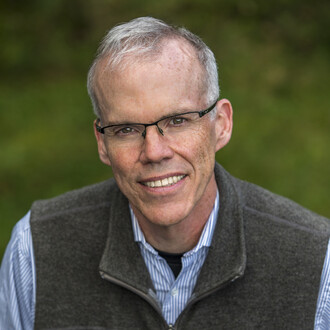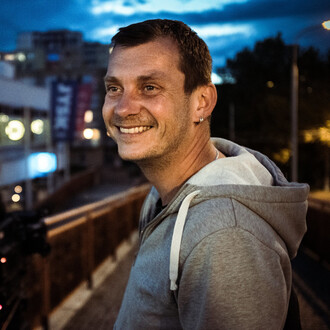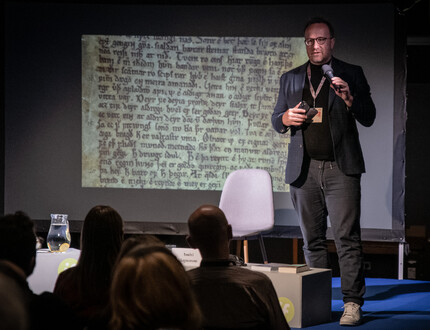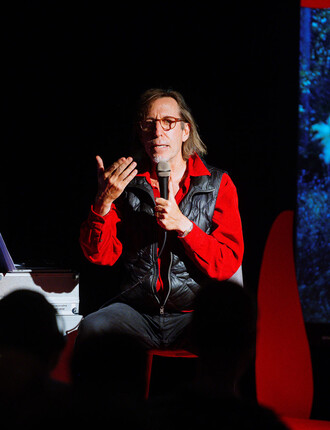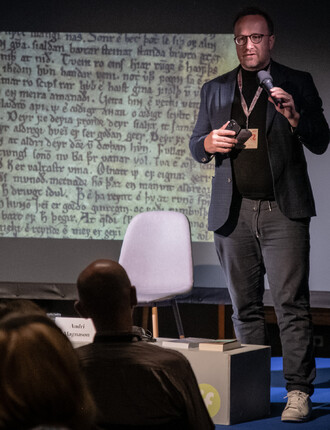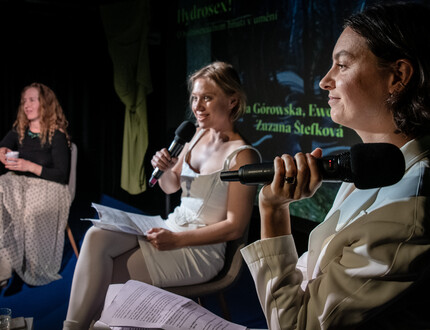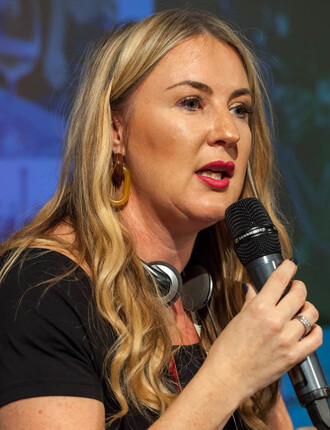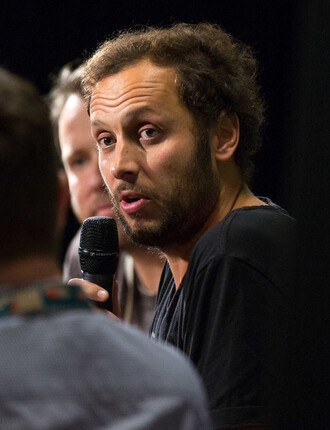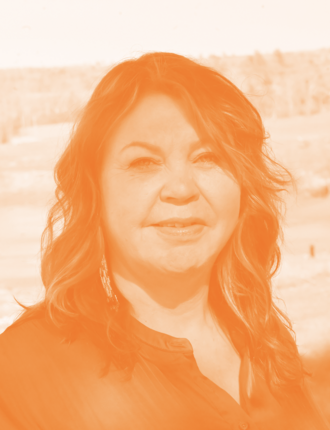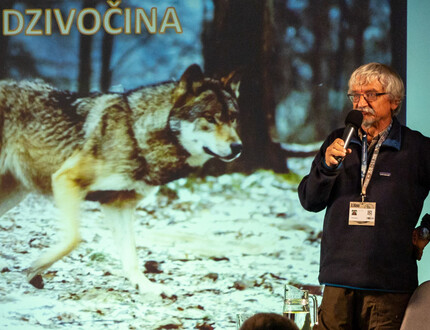The climate crisis is without a doubt the biggest problem facing humanity today. It is gradually affecting new and new areas of the world and is accompanied by melting glaciers, rising temperatures, wild weather changes, drought, crop failures and unpredictable changes in ecosystems. American environmentalist Bill McKibben describes it as the greatest collective work of all time. For several decades, he has been looking for ways to stop the inertia in carbon dioxide production that is behind the crisis. However, he does not assume that governments and industry will change on their own. Therefore, he focuses on solutions and social mechanisms that can lead to positive change. With regard to the functioning of power and finance in the world of corporations and politics, McKibben uses their own weapons and offers ways in which every individual, community and movement can advocate for change.
This episode was originally released on February 11, 2020.
Messages from endangered islands
350.org has created a video that captures the poetic expedition of two women from the Marshall Islands and Greenland, two opposite ends of the globe, who use their poetry to highlight how the impacts of climate change, such as melting glaciers and rising sea levels, will affect their homes.
Encyclical of Pope Francis Laudato si. On Care for Our Common Home
The Pope's 2015 "environmental" encyclical, in which he criticized consumerism and irresponsible development and called for "rapid and united global action" to combat environmental degradation.
You can read a summary of the encyclical HERE, the full encyclical below:
Mad Men climate change
The award-winning podcast Drilled, produced by Critical Frequencies, exposes the long-standing climate change denial practices of oil companies, comparing them to the tobacco industry’s decades-old efforts to cover up the harmful effects of cigarettes. The creators gained access to internal Exxon documents and interviewed scientists who conducted research on climate change and renewables for the companies in the 1970s and 1980s. Their data, which, by today’s standards, accurately portrays the evolution of climate change, remained hidden from the public for a long time.
